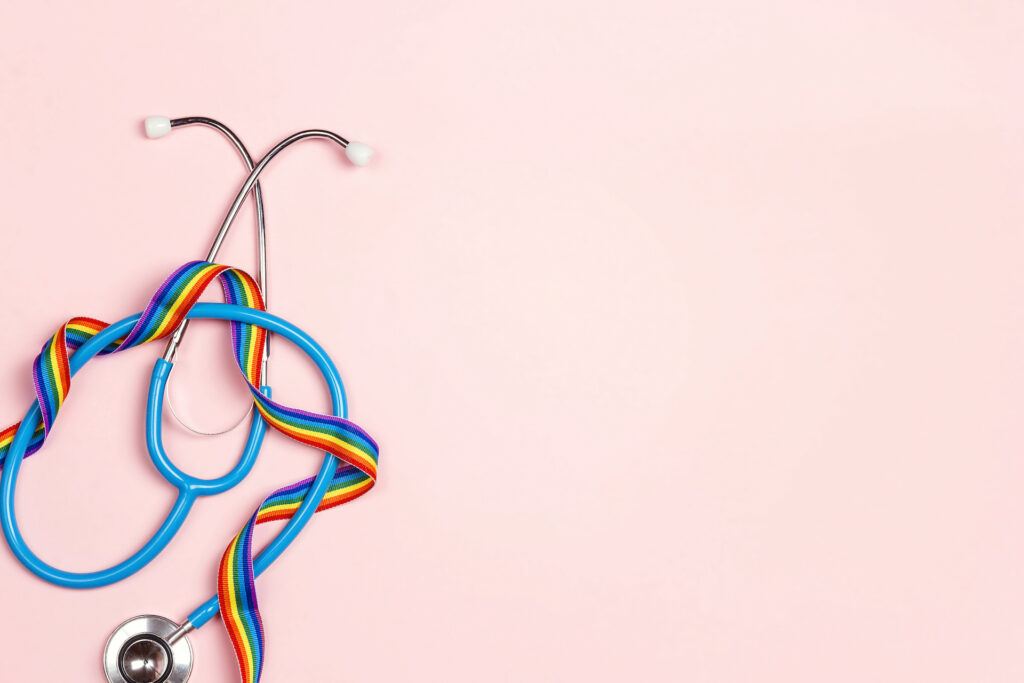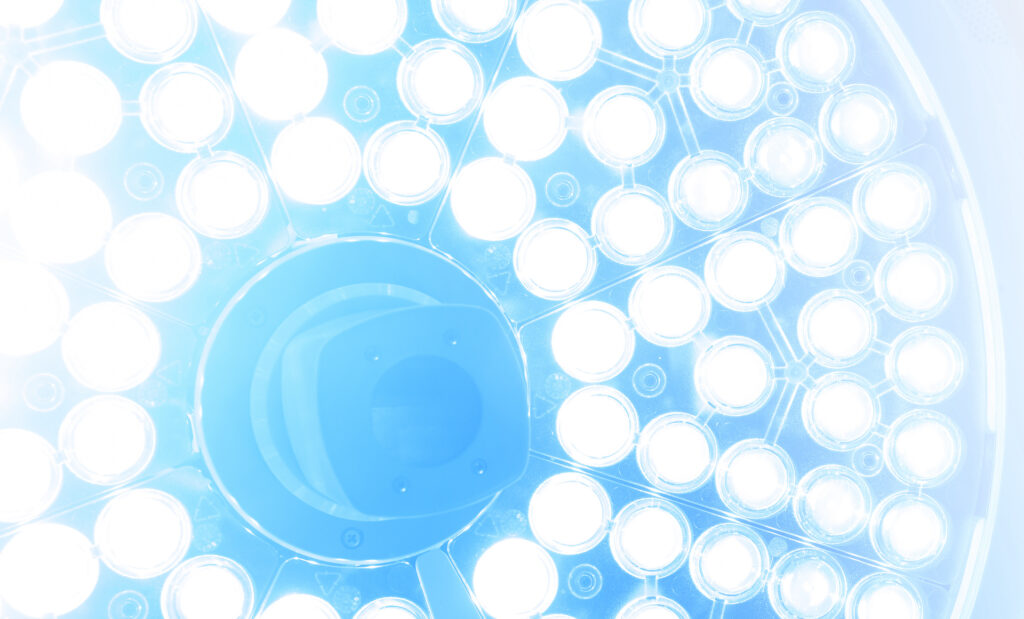
Is Weed Gay ?: Cannabis and Queer Health
When it comes to caring for ourselves and our community, cannabis has played an important role in the past, present, and future of LGBTQIA + healthcare.
Healthcare is an important issue for the queer community. That’s because we know the importance of taking care of our body, mind, and community for continued survival and success.
Queer people face unique health resources and health challenges that deserve attention and support.
Unique Health Challenges for the LGBTQIA + Community:
- Physical and mental health problems from HIV / AIDS
- Supervision of gender confirmation
- Awareness of addictive leisure substances
- Psychological challenges related to trauma
Any discussion of cannabis without talking about its medicinal uses is incomplete. And when it comes to the health of queer people, cannabis plays an important role.
Only 16% of the institutions surveyed had extensive LGBT skills training and 52% had no LGBT skills training at all.
Queer people, like many underserved communities, often struggle to find equal access to health care, good quality insurance and financial stability; All of these can make health and wellbeing a struggle.
Queer people live disproportionately in poverty, a number that is particularly driven by the struggles between transgender and queer people of color, including barriers to housing, employment and barriers to health care.
“LGBT people are twice as likely to be uninsured as non-LGBT people and many have difficulty finding providers to treat them without assessing their sexual orientation or gender identity or providing the services they need, especially in rural areas. Some have difficulty finding providers who can even handle them. “
Human Rights Watch, 2018
Some medical institutions turn a blind eye to the subtleties of treating queer bodies and needs or provide little guidance for the care they may need.
According to a survey of American medical schools quoted in a Human Rights Watch report, “The creation of LGBT competency modules in medical education programs is a relatively recent development; A 2012 survey of US medical schools found that only 16% of the institutions surveyed had extensive LGBT skills training and 52% had no LGBT skills training at all. “
For queer people, cannabis is a way to seek relief when healthcare professionals have been less helpful. It was a tool to keep trying to maintain physical and mental health in a world that does not always protect it.

When you look at the differences and challenges queer people from the medical community face, there is no example as devastating as that of the AIDS crisis.
When members of the LGBTQIA + community started dying of HIV / AIDS in the 1980s, the American health system and political machinery largely turned a blind eye to the epidemic that would kill hundreds of thousands of queer people.
connected
Cannabis and HIV / AIDS
Without medical care, national empathy, and workable treatment options; Cannabis has become a useful tool in combating some of the worst complications and symptoms of HIV / AIDS. Cannabis use often helps increase patients’ appetites, reduce nausea, and relieve muscle pain – some of the most common complications of the disease.
And of course there were people who stood up for both AIDS patients and cannabis. One of the early advocates of legalizing cannabis for medical purposes was Dennis Peron, an activist and early advocate of medical marijuana.
Peron is co-author of California’s first state-wide medical cannabis bill, Proposition 215 (also known as The Compassionate Use Act of 1996). Peron also helped found the San Francisco Cannabis Buyers Club, the first pharmacy in the United States to help HIV / AIDS patients gain access to medical marijuana.
Activists and early studies on the treatment of HIV / AIDS demonstrated that cannabis can provide compassionate care to HIV / AIDS patients and that medical marijuana is becoming a widely accepted option.
You don’t need surgery (or hormones or any specific presentation) to be trans and fully valid in your trans identity. For many transsexuals, however, sex confirmation surgery is an important part of feeling authentically like yourself.
No group among queer medical patients sees as much discrimination in healthcare as the trans community. These barriers are often in the form of access to and education about gender-specific confirmatory surgery.
Trans people who choose to have sex confirmation surgery have used cannabis to aid in pain relief and anti-inflammatory properties during the recovery process.
This wasn’t just a DIY treatment in the early days of trans health. Cannabis is still used as a pain reliever, helping with recovery and offering an alternative to addictive tablets.
Brief tips for those considering marijuana use after confirmatory surgery include:
- Do not smoke immediately before your procedure.
- Plan to consume your cannabis without smoking it to help keep the flow of oxygen through your body.
- Discuss cannabis use with a trusted doctor before adding it to your post-surgery recovery plan.
Cannabis also provides an alternative pain reliever and recreational activity for LGBTQIA + people that does not pose a high risk of addiction.
Queer people are more likely to suffer from substance abuse and addiction to opioids, tobacco and alcohol than heterosexual and cis people. Because of this, it is important for many queer people to have options that will relieve pain and not contain opioids.
The state of Illinois launched the Opioid Alternatives Pilot Program in 2019 to help people prescribed opioids exchange them for a temporary medical marijuana card.
Programs like this can help people avoid opioid addiction or help recovering opioid addicts manage their pain without risking relapse.
connected
To my LGBTQ colleagues: let’s talk honestly
Not only does weed offer a less addictive clinical solution, it also offers a recreational option for queer people looking for an outlet for socializing or relaxation that can be done without alcohol or pills.
LGBTQIA + people often struggle with mental illnesses such as depression, PTSD, and anxiety.
Cannabis has been widely reported to help people with PTSD. And while there are still many studies to be completed on anxiety and depression, there are some promising results. As a cue, however, you should be careful when mixing cannabis with any medication, including antidepressants.
With its relaxing properties, cannabis is a flexible, vital tool for many wellness programs. It’s just another way cannabis is helping queer people lead happier, healthier lives.
As cannabis becomes more available, researched, and accepted, queer patients and LGBTQIA + people can use it to help them get the care they need.
This Pride month and every other month, it’s important to take time to take care of yourself, your people, and your community. And if weed is part of that journey for you, you’ll be in good company with millions of queer people who believe in its place in health and wellness.
Read more of Is Weed Gay?
C. Merten
C. Merten is a Chicago-based writer, creative, and cannabis enthusiast. Her passions include breakfast, 70s music, pina coladas and the rain.
View article by C. Merten
By submitting this form, you subscribe to Leafly news and promotional emails and agree to Leafly’s Terms of Use and Privacy Policy. You can unsubscribe from Leafly email messages at any time.



Post a comment: